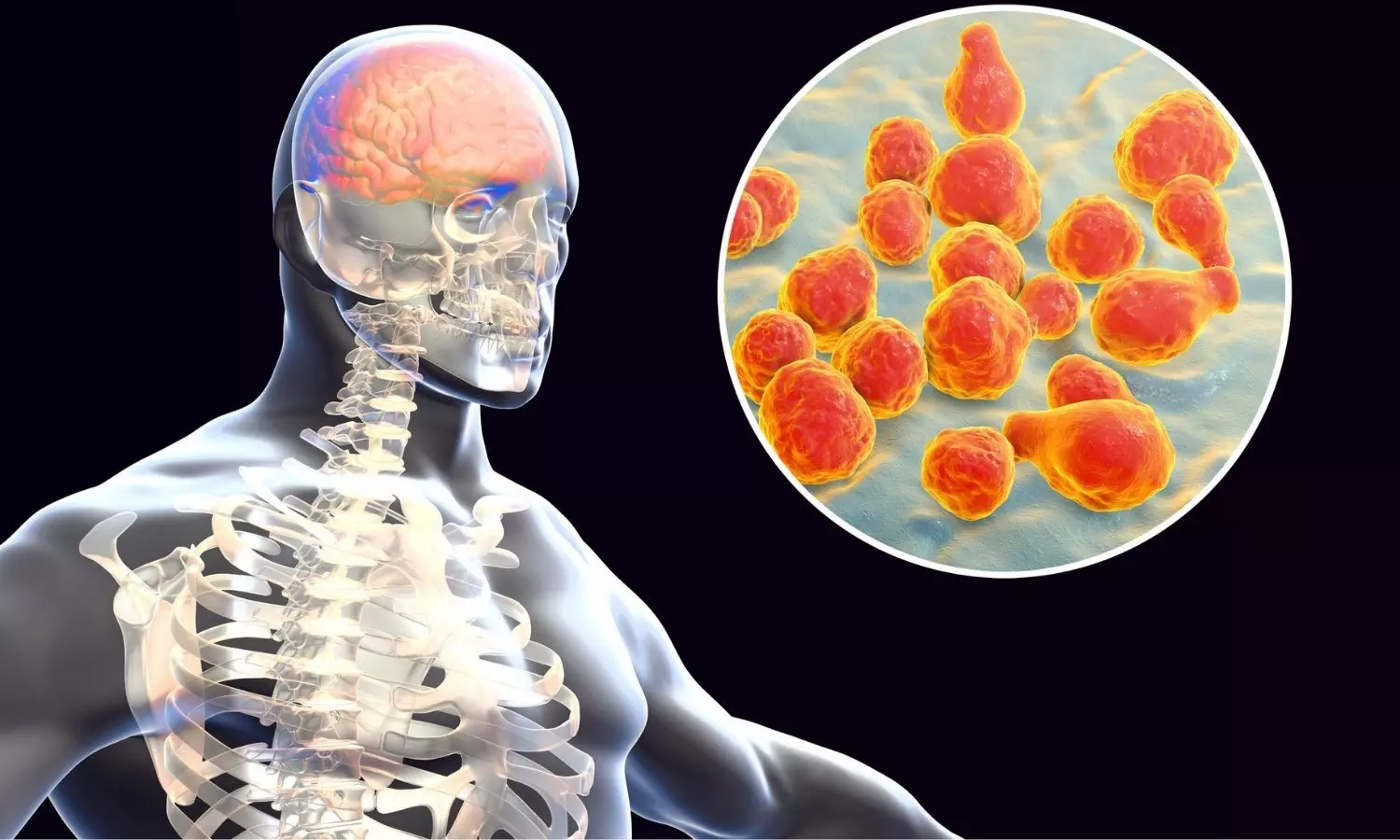Kerala partners with ICMR-NIE to study rising Amoebic Meningoencephalitis cases
- byDoctor News Daily Team
- 29 October, 2025
- 0 Comments
- 0 Mins

Thiruvananthapuram: The Kerala health department has partnered with the ICMR-National Institute of Epidemiology (NIE), Chennai, to conduct a field-level study to identify the causes behind the increasing cases of amoebic meningoencephalitis in the state. A rare and often fatal brain infection, amoebic encephalitis (amoebic meningoencephalitis) has claimed several lives in Kerala in recent months. The disease is primarily contracted through swimming or bathing in contaminated water. According to a statement issued on Tuesday, the field study has begun in Kozhikode and will also cover Thiruvananthapuram, Kollam, and Malappuram districts, reports PTI. had earlier reported that Kerala health minister Veena George confirmed that 104 cases of amoebic encephalitis (brain fever) have been reported in the state so far, and 23 patients have died. Also Read:Kerala reports 104 Amoebic meningoencephalitis cases, 23 deaths: Health Minister Earlier, in August 2024, the health department had organised a technical workshop involving experts from the Indian Council of Medical Research, the Indian Institute of Science, and the Pollution Control Board to plan further research. The ongoing field study is a continuation of that initiative, it said. Health Minister Veena George said Kerala has been implementing strong measures for the treatment and prevention of amoebic encephalitis. "Effective interventions have been put in place to ensure early diagnosis and specialised treatment," she said. Globally, the disease has a 99 per cent fatality rate, but Kerala's interventions have reduced the death rate to 24 per cent in the state, the minister said. She also highlighted that the health department had earlier directed thatamoebic encephalitistests be conducted for all suspected encephalitis cases. A national-level workshop was also organised to develop a dedicated protocol for diagnosing and managing the disease-the first of its kind in India. "These initiatives have helped in early detection and successful treatment of many patients," the statement said. It further noted that Kerala's laboratories can now identify five species of pathogenic amoebae, while most laboratories in the country can detect only three. According to the PTI report, state-level Rapid Response Team (RRT) meetings, chaired by the health minister, continue to review and strengthen preventive measures. Meetings chaired by Chief MinisterPinarayi Vijayanhave also been held to intensify disease control efforts, it said. To curb water-borne infections, the state government launched the 'Jalamanu Jeevan' (Water is Life) campaign, jointly organised by the health, local self-government, and general education departments, Haritha Keralam mission, and the water resources department. The health department has also issued special guidelines for the treatment of amoebic meningoencephalitis caused by free-living amoebae found in contaminated water. Also Read:Kerala doctors achieve breakthrough in treating rare dual brain infection
Disclaimer: This website is designed for healthcare professionals and serves solely for informational purposes.
The content provided should not be interpreted as medical advice, diagnosis, treatment recommendations, prescriptions, or endorsements of specific medical practices. It is not a replacement for professional medical consultation or the expertise of a licensed healthcare provider.
Given the ever-evolving nature of medical science, we strive to keep our information accurate and up to date. However, we do not guarantee the completeness or accuracy of the content.
If you come across any inconsistencies, please reach out to us at
admin@doctornewsdaily.com.
We do not support or endorse medical opinions, treatments, or recommendations that contradict the advice of qualified healthcare professionals.
By using this website, you agree to our
Terms of Use,
Privacy Policy, and
Advertisement Policy.
For further details, please review our
Full Disclaimer.
Recent News
AIIMS INI SS January 2026: 4 seats added in 2 spec...
- 01 November, 2025
Treatment in Myocardial Infarction and Non-Obstruc...
- 01 November, 2025
PG medical admissions 2025 commence in Bihar, chec...
- 01 November, 2025
Assam to begin NEET PG 2025 counselling from Novem...
- 01 November, 2025
Daily Newsletter
Get all the top stories from Blogs to keep track.


0 Comments
Post a comment
No comments yet. Be the first to comment!